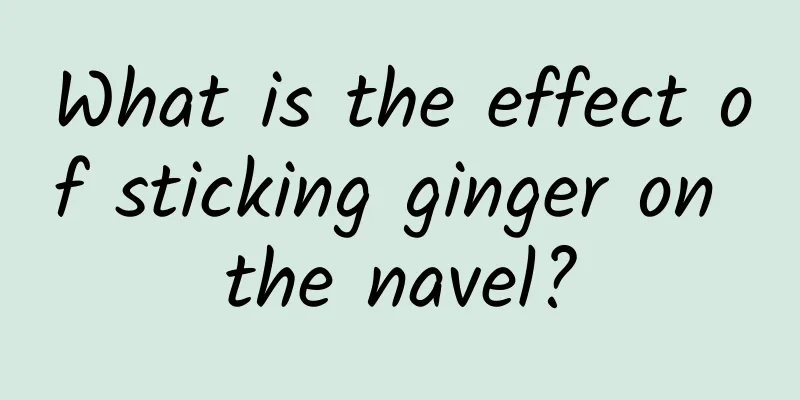What are the sequelae of concussion?

|
If concussion is not effectively treated and managed, it is very likely to cause some sequelae, which will harm the patient's future daily life. Some patients suffer from long-term dizziness, headache, insomnia, irritability, inattention and memory loss. 1. A brief loss of consciousness occurs immediately after craniocerebral trauma , which lasts for several minutes or even more than ten minutes, but generally does not exceed half an hour; but occasionally some patients show momentary confusion or trance without coma; some individuals experience a longer coma or even death, which may be caused by the transmission of violence through the deep structures of the brain to life centers such as the brainstem and medulla oblongata. When the patient is subjected to external force, not only is there a temporary interruption of the functions of the brain and upper brainstem, but there is also inhibition of the lower brainstem, medulla oblongata and cervical spinal cord, which causes disorders in the vascular nerve center and autonomic nervous system regulation, causing a series of reactions such as slow heart rate, low blood pressure, pale complexion, cold sweats, apnea followed by shallow and weak breathing, and loose limbs. 2. In most patients with reversible mild concussion , the central nervous system function recovers rapidly from bottom to top, from the cervical spinal cord-medulla oblongata-brainstem to the cerebral cortex; while in irreversible severe concussion, it may be a top-down inhibition process, which interrupts the function of the medullary respiratory center and circulatory center for too long, thus leading to death. After regaining consciousness, patients often have symptoms such as headache, nausea, vomiting, dizziness, photophobia and fatigue. At the same time, they are often accompanied by obvious recent amnesia (retrograde amnesia), that is, they cannot recall what happened before and after the injury. 3. The more severe the concussion and the longer the primary coma, the more obvious the recent amnesia will be, but there will be no damage to old memories. Patients in the recovery period of concussion often have symptoms such as dizziness, headache, nausea, vomiting, tinnitus, insomnia, etc., which usually disappear gradually within weeks to months. However, some patients have long-term dizziness, headache, insomnia, irritability, inattention and memory loss. Some of these symptoms are recovery symptoms. If there is no obvious improvement after 3 to 6 months, in addition to considering whether there are mental factors, a detailed examination and analysis should be conducted to see if there is any delayed damage. Do not use the term "sequelae of concussion" to sum it up, which will increase the patient's mental burden. |
<<: What are the treatments for urethral caruncle?
>>: What should I do if I have large pores and blackheads on my face?
Recommend
Are pancreatic masses benign?
Pancreatic space-occupying units can also be beni...
How many types of Class B infectious diseases are there?
I don’t know if you have heard of Class B infecti...
Skin allergy on face
Facial skin allergies are very common allergic sy...
Otitis media precautions
Otitis media refers to an inflammatory lesion of ...
Women will become so miserable without "down there"
More than one million women in my country undergo...
Can I take anti-inflammatory drugs if I have thrombocytopenia?
There are many elements in our body that are very...
How long does it take to recover from laser fat removal?
For more stubborn fat particles, they can be trea...
Is it hand, foot and mouth disease if a child has a fever and drools?
During the period of growth and development, chil...
Is it harmful to pluck underarm hair?
Is it harmful to pull out the hair under the armp...
Can I take a hot spring bath in summer? Can I take a hot spring bath in summer?
Hot springs are a type of water with relatively g...
Can decayed teeth be filled?
Tooth decay, also known as caries, commonly known...
Side effects of Arisaema
Nowadays, many people are relatively familiar wit...
Is it good to eat black chicken soup for insufficient qi and blood? Recipe for replenishing qi and blood
It is very common for women to suffer from insuff...
What to do if the tear sac is blocked? Treatment for blocked tear sac
The eye looks like a very simple sphere, but the ...
Eye bags pain lower eye socket pain
There are many possible reasons for eye bags and ...









